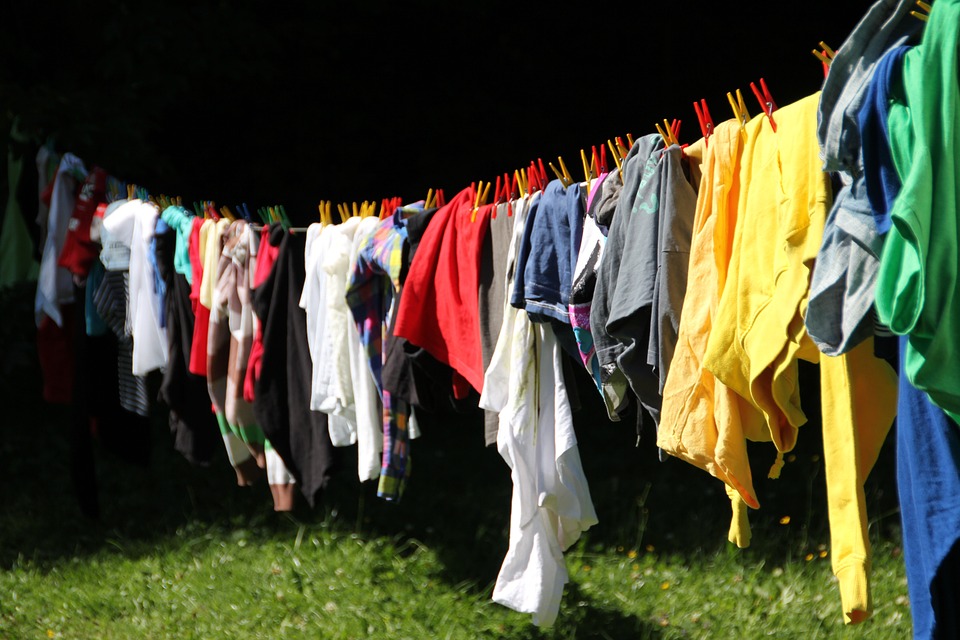Family Ties that Lift Us Up
 Jesus’ invitation to discipleship comes with a warning: “Whoever wishes to come after me must deny himself, take up his cross, and follow me” (Mk 8:34). He made this statement shortly after Peter confessed him to be the Messiah, and he told his disciples what that role entails. The suffering involved in denying oneself and taking up the cross is to be expected by all followers of Christ. It is not a call for the priest or religious only. It is not merely for a select few holy people. It is a command to all those who desire to live in communion with Christ in his Body, the Church.
Jesus’ invitation to discipleship comes with a warning: “Whoever wishes to come after me must deny himself, take up his cross, and follow me” (Mk 8:34). He made this statement shortly after Peter confessed him to be the Messiah, and he told his disciples what that role entails. The suffering involved in denying oneself and taking up the cross is to be expected by all followers of Christ. It is not a call for the priest or religious only. It is not merely for a select few holy people. It is a command to all those who desire to live in communion with Christ in his Body, the Church.
For the family, this requirement of discipleship begins in the day-to-day living of the parents. As St. John Paul II noted, “Spouses are therefore the permanent reminder to the Church of what happened on the Cross; they are for one another and for the children witnesses to the salvation in which the sacrament makes them sharers” (Familiaris Consortio, 13). Self-denial is seen in many parental actions: work to keep the house orderly, sacrifice of time or hobbies, giving up material pleasures. These are some ways to become more like Christ within the family.
What separates the Catholic family from the contemporary world is how we participate in these small, daily mortifications, treating them not as great losses but as treasures discovered in becoming who we were really called to be: men and women for others.
A few months after the birth of our third boy (our eldest at the time was 3), our laundry was stacking up and chores were left undone. My wife made a small request, asking me to take charge of the laundry. My initial reaction was “no.” I have a job that pays the bills, and thought I was already doing my share at home. I come home and play with the kids, do the dishes and other chores as well as other activities. I was in a sense being worldly, and that world consisted of one person’s needs and perspective: mine.
Well, after some thinking, I caved in and took on this laundry “burden.” I began to realize just how much more I was now giving, how much better I felt about myself and our family, and also how much closer I was to Christ. Rather than the chore being a burden, the simple act of doing the laundry from start to finish became a way for me to grow closer to my family and to Christ. Taking up this small cross showed me that denying myself and following the example of Jesus was easier and lighter than I expected.
Further, through my own self-gift, my wife was able to give more of herself to our family! Together we hopefully are sharing a greater witness of the true joy of sacrifice to our children.
The idea of sacrifice seems to turn many people away from thinking about marriage and family, or simply from starting and growing a family. Commitments to one person (or many more once children and extended family are involved) are seen as an undue burden, a restriction of our freedom to live our lives as we see fit. This “burden” is viewed as loss of valuable “me” time. However, our discipleship with Christ does not come only with a cross but also with a promise: “For my yoke is easy, and my burden is light” (Mt 11:30).
Here we have what seems to be a conflict. We are told to deny ourselves, take up our cross and prepare to suffer; yet we are also promised that our burden will be light. These two seemingly conflicting statements can only be understood in light of true discipleship, true communion with Christ. Again, the construct of the human family can shed light on what we are talking about.
In letting go of our desires, spending time and resources (i.e., money) on the needs of others, we can create a family dynamic that becomes other-centered and therefore Christ-centered. Christ did not call us to simply keep everything and follow him. Rather, he called us to sacrifice and promised to provide all we need. That “all” is Christ himself, who is the source of our joy and the summit of our desires. While we are still not perfect, the family is the locus in which we show our children, and therefore the world, the true meaning of discipleship and the true purpose of man: self-giving love for others.
Reprinted with permission from FathersForGood.org.

